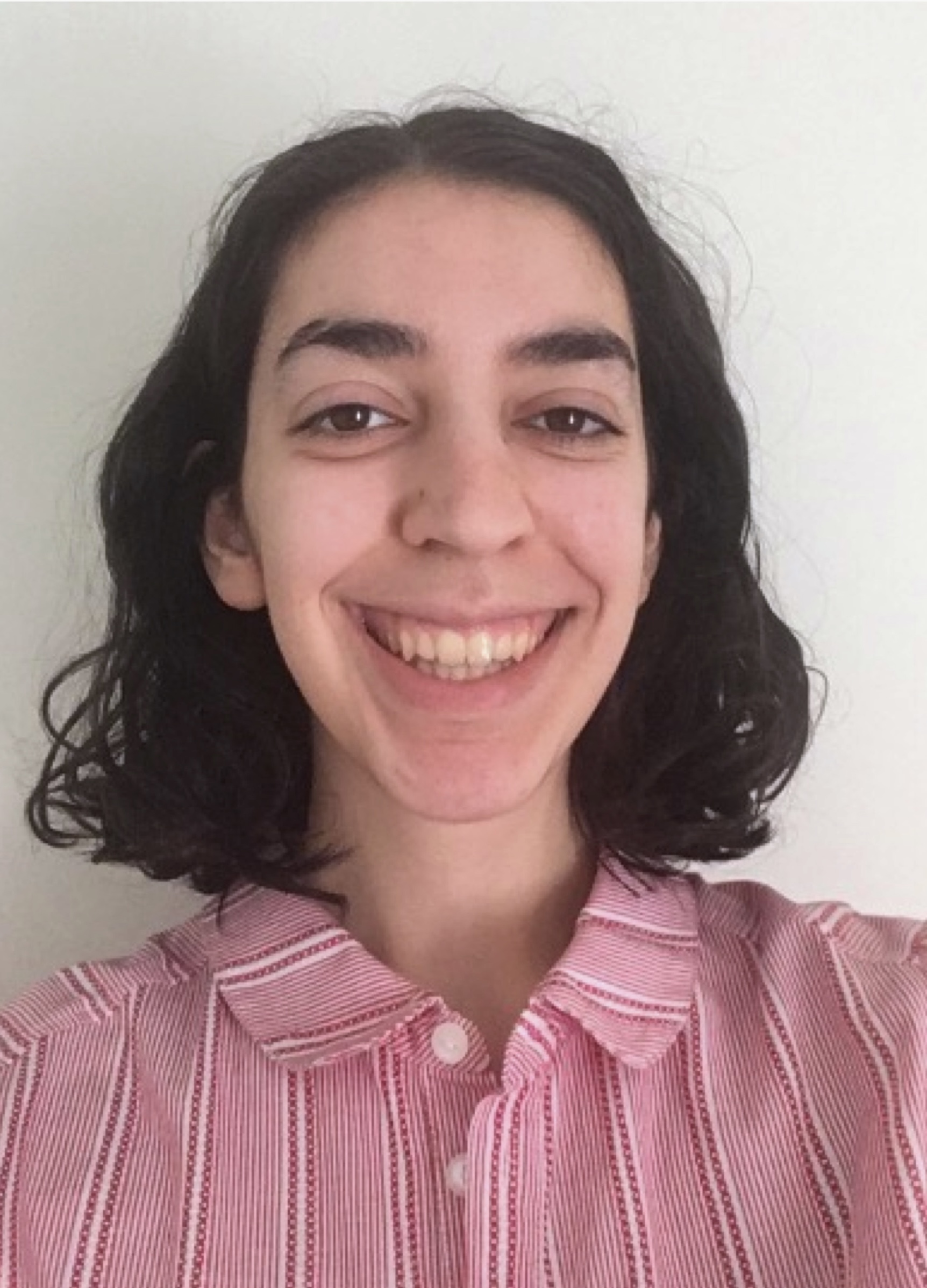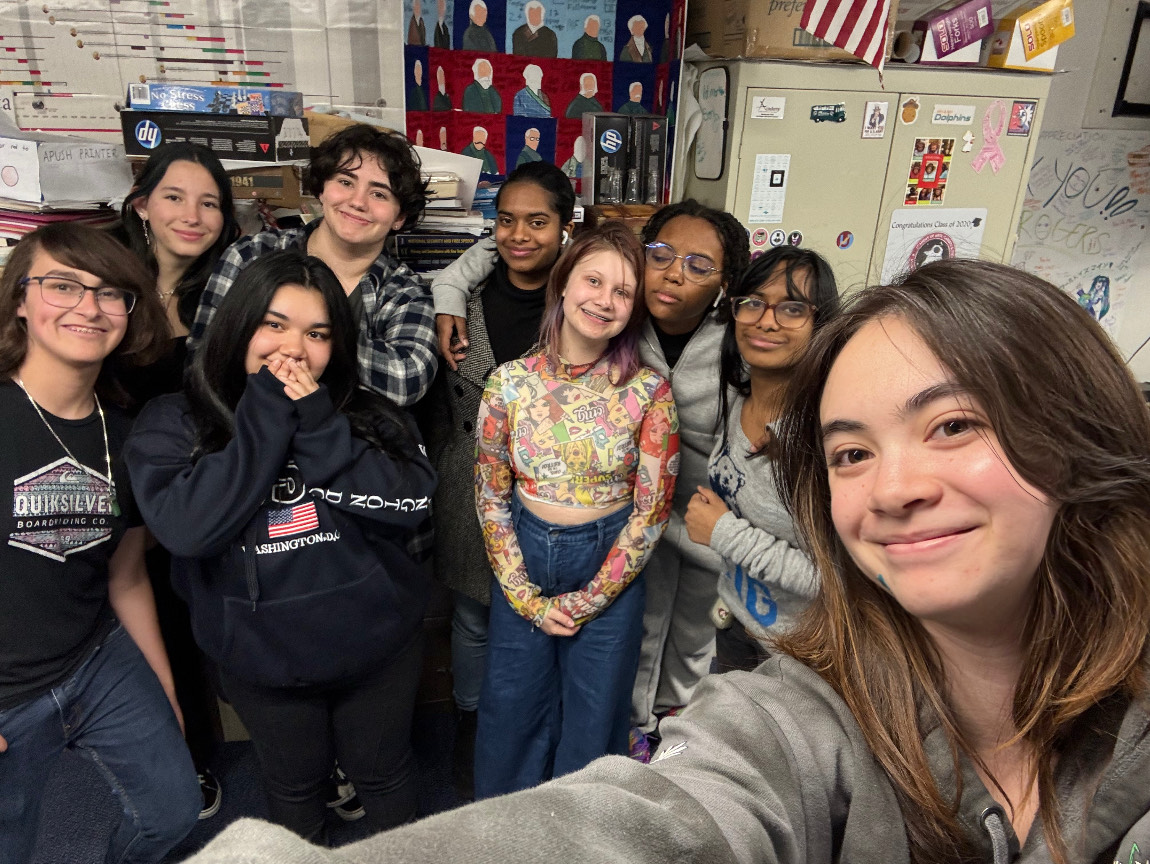Recently, I was privileged to attend the National Child Safety Youth Summit Canberra. The Summit saw over 50 youth advocates and people with lived experience come together to share their expertise and views on child sexual abuse directly with the government. Attendees shared their key priorities for the Second Action Plan of the National Strategy to Prevent and Respond to Child Sexual Abuse 2021-2030, and how government can effectively engage with young people.
I am grateful to have had the opportunity to sit beside so many strong and passionate advocates from across Australia. I was inspired by dedicated and fierce leaders including Grace Tame (@tamepunk) and Harrison James (@itsharrijames), survivor-advocates who use their voices as weapons against shame and stigma in their continued efforts to dismantle the systems that perpetuate violence and abuse, ultimately advocating for legislative and cultural changes that will better protect and support young people. Here are four discussion points that resonated with me, that I believe translate across the youth advocacy and lived experience space:
View this post on Instagram
1) Publicity is not a necessity of advocacy.
Advocacy does not need to be on a massive public platform to be influential or important. The cumulative impact of ‘small’, individual contributions toward a positive change can make a big impact. We discussed how even a single conversation between two people has the capacity to inspire other conversations which can have influential ripple effects across a wider community.
A fundamental component of advocacy is raising awareness and support for a cause, which can be achieved through personal connections and connecting with your community. Many impactful advocacy initiatives operate behind the scenes and focus on the needs of the community and often do not receive large-scale public recognition. There’s no one way to be an advocate; whether you enjoy holding a megaphone at a rally, re-sharing a social media post about a topic that is important to you, or simply talking to your peers about social issues that you are passionate about, your advocacy is valid and meaningful.
2) Healing is not linear, and support is always available.
Healing from and processing difficult experiences of any kind can be a complex and non-linear process. We may experience progress followed by a setback, which can be disheartening and confusing. These fluctuations are a normal part of the healing process and are not a personal failure. It can also be useful to remember that there is no wrong time to reach out for help. Connecting with mental health professionals, peer support groups, or trusted friends can help us feel supported and remind us that we are not alone. Remember, it is always a good time to reach out for help; we don’t have to wait until we are at a crisis point.
3) Storytelling in all forms is courageous.
This sentiment was mirrored by many at the Summit. Sharing one’s experience in a safe space can be invaluably helpful and healing for the sharer. What was clear to me was the power of non-judgmental, empathetic listening in creating a space where everyone feels safe and held to share vulnerably and honestly. Importantly, we discussed how a person does not need to share all the details about their experience to be valid; specifically, discussing one’s trauma can be a difficult and long process. It is important that we remember that people do not owe us every detail of their story or experience for it to be a valid experience of pain. We all have the right to keep parts of ourselves or our difficult experiences private, and we are all able to have empathy for one another without requiring complete knowledge of the specifics of somebody’s experiences.
You don’t have to be a mental health professional to be able to be a listening, non-judgemental ear for a friend or loved one. However, there are ways to up-skill and gain confidence in supporting loved ones, and identifying when further help is needed; the Be There Certificate is one free, online resource that can help build these skills.
4) Implementing effective data collection methods is crucial in guiding effective prevention and recovery initiatives.
At the Summit, we discussed the importance of investigating prevalence rates of harm in order to implement effective prevention and recovery initiatives. We discussed the Australian Childhood Maltreatment Study, which was released in April 2023. This was the first national study to identify how many Australians in the general population experienced any of the following five types of child maltreatment: physical abuse, sexual abuse, emotional abuse, neglect, and exposure to domestic violence, and to estimate the associated impacts on key health outcomes through life. We also discussed the importance of gathering data and utilising findings particularly for stigmatised topics such as child sexual abuse and online sexual exploitation; we can’t fix a problem we don’t discuss. As Grace Tame has said, discussion of child sexual abuse is uncomfortable, but nothing is more uncomfortable than the abuse itself.
I’d like to thank the National Office for Child Safety team, the Canberra Rape Crisis Centre counsellors (https://crcc.org.au/), the Delta Therapy Dogs team (https://www.deltasociety.com.au/), and other Summit staff for their important work in making the Summit a safe space.
If you are in Australia and need support, please know that there are many services and support groups available:
- Kids Helpline – Kids Helpline is Australia’s free and confidential, 24/7 online and phone counselling service for young people aged 5 – 25. Free call 1800 55 1800 or www.kidshelpline.com.au
- PartnerSPEAK – PartnerSPEAK provides advocacy and support for the non-offending partner and family of a perpetrator of child sexual abuse and child exploitation material. https://www.partnerspeak.org.au/
- 1800 RESPECT – 1800RESPECT is the national domestic, family and sexual violence counselling, information and support service. If you or someone you know is experiencing, or at risk of experiencing, domestic, family or sexual violence, call 1800RESPECT on 1800 737 732 or chat via our website (www.1800RESPECT.org.au)
- 13YARN – 13YARN is the first national crisis support line for mob who are feeling overwhelmed or having difficulty coping. We offer a confidential one-on-one yarning opportunity with a Lifeline-trained Aboriginal & Torres Strait Islander Crisis Supporter. If you, or someone you know, are feeling worried or no good, we encourage you to connect with 13YARN on 13 92 76 (24 hours/7 days) and talk with an Aboriginal or Torres Strait Islander Crisis Supporter. www.13yarn.org.au
- Blue Knot – The Blue Knot helpline is available to help adult survivors of childhood trauma and abuse, parents, partners, family, and friends as well as the professionals who work with them. You can call the Blue Knot Helpline and Redress Support Service on 1300 657 380 This service operates from 9am-5pm AEST/AEDT 7 days a week including public holidays. You can also email [email protected] or see https://blueknot.org.au/
- Full Stop Australia – Full Stop Australia provides counselling, training and advocacy to support people impacted by sexual, domestic and family violence. You can call 1800 353 578 or visit https://fullstop.org.au/




















